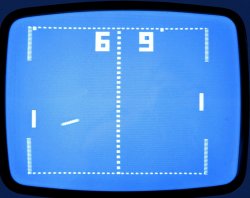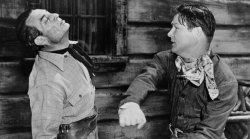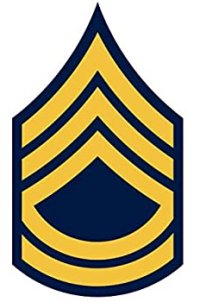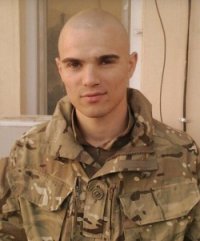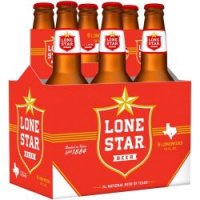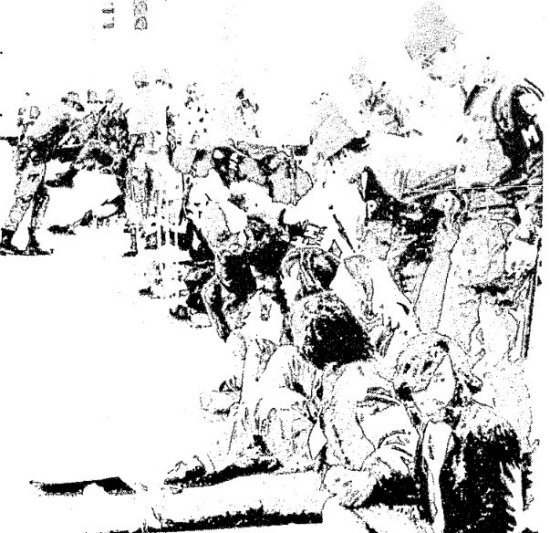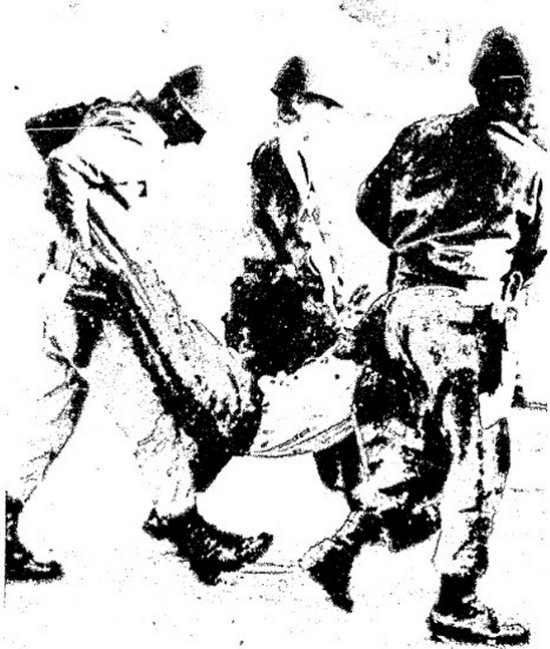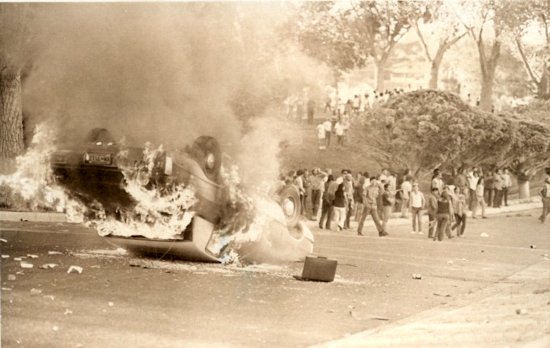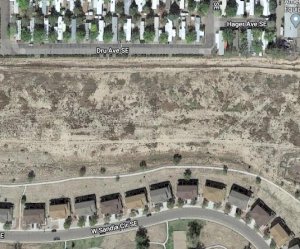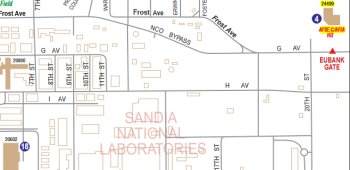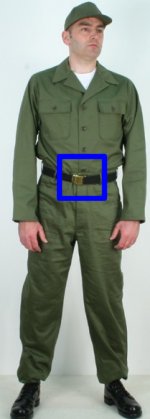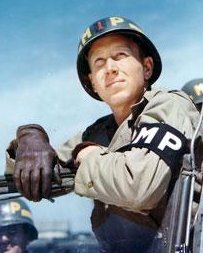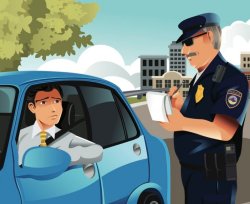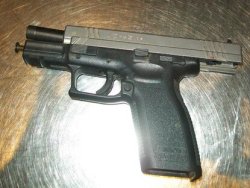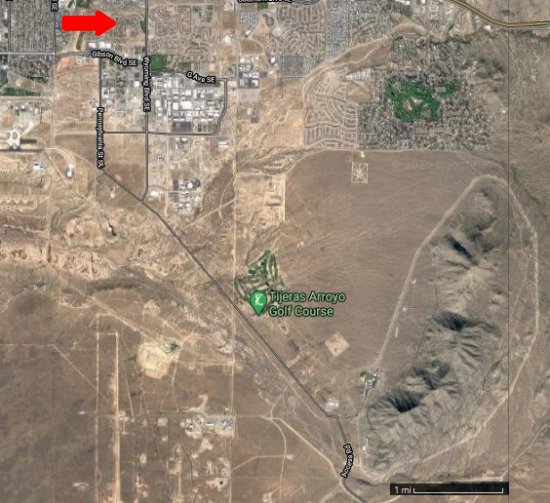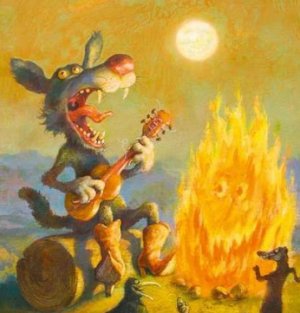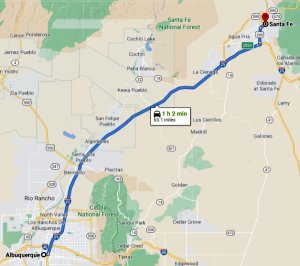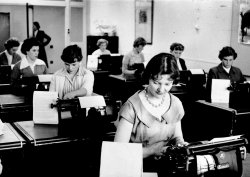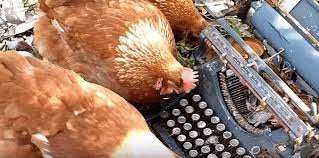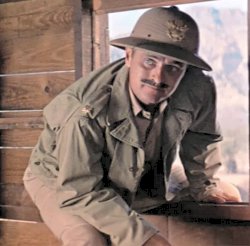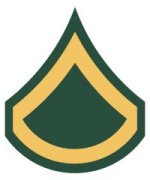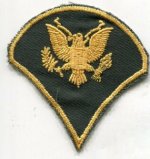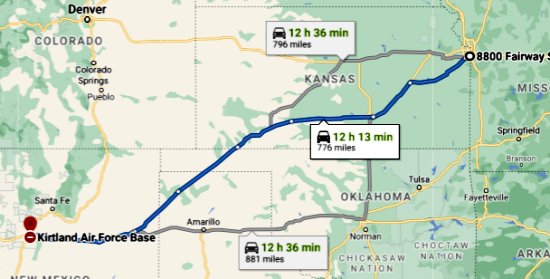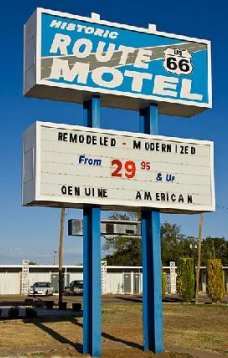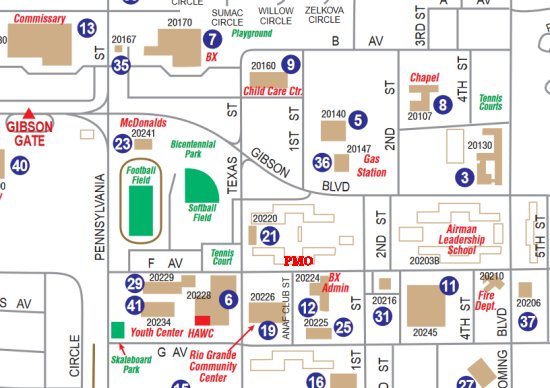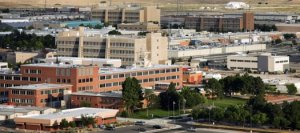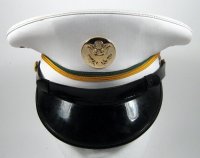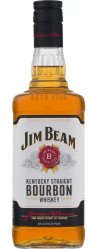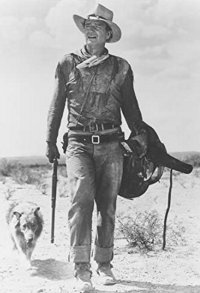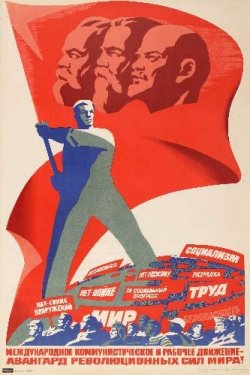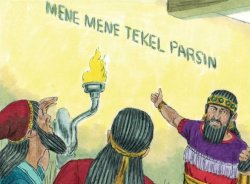The cast of characters. Continue reading
This entry contains my recollections of guys in MPCO SBNM. A few stories are from after the Air Force’s takeover.
I tried to determine what became of the guys whose names I remembered. In the footnotes I have included current information in 2020 about anyone whom I could locate on the Internet or otherwise.
The Second Platoon: I am not positive that Jim Anderson, who lived with his wife off-base, was in our platoon. I don’t have any recollection of dealing with him on duty. My only recollection of him was the visit that a few of us made to his house. It is described here.
I think that Marshall Anderson, whose home was, I think, in Minnesota, arrived shortly before the Air Force took over. I don’t remember seeing him in the barracks, but almost everyone in the platoon lived there. My only strong recollection of him is from the night on which Sgt. Hungate made me and the other guys on the police desk announce over the radio that the police station was “under duress”. This occurred after the Air Force took over. When it has been posted this episode will be described in some detail at a link here.
Charlie Antonelli1 arrived a few weeks after our group did. His room was close to mine, but he did not hang around with my close friends. Al Williams, who knew him better than I did, called him Mad Charles. He played a starring role in the Commander Commander incident, which is described here.
Sgt. Lorenzo Bailey was my boss when I worked on the desk for the second platoon. Those days are described here. He lived off-base. By the time that the Air Force took over he was not around. I don’t know where he was assigned.
Peter Baker was also, I think, from Minnesota. He definitely arrived a few weeks after we did and lived in the second platoon. His involvement in the July 4 celebrations will be discussed in the entry for that amazing day.
I think of Roy Banks and Dale Brooks as a matched pair. They both arrived a month or two after we did and lived in the second platoon barracks. When I was back on the police desk with the Air Force we often used one or the other of them for important tasks. They were both competent and reliable.
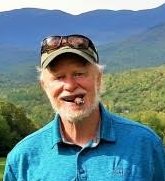 As I recall, Tom Bedell graduated from Kalamazoo College. He was a very good friend. His invaluable contributions to the Wiffle Ball games are described here. I also remember him as being the most enthusiastic performer in my manic attempts to bring to life an “air-chestra” to play the overture from Rossini’s William Tell. The July 4 incident occurred in his room.
As I recall, Tom Bedell graduated from Kalamazoo College. He was a very good friend. His invaluable contributions to the Wiffle Ball games are described here. I also remember him as being the most enthusiastic performer in my manic attempts to bring to life an “air-chestra” to play the overture from Rossini’s William Tell. The July 4 incident occurred in his room.
He wrote poetry at MPCO SBNM, and he wanted to become a professional writer. He succeeded. He has published many articles, mostly about golf and beer. I read one in a magazine on a US Airways flight and got in touch with him. In 2020 he lives in Vermont. I follow him (@TomBedell) on Twitter.
 Tom Brachna was from the Akron, OH, area, and I think that he lives in Akron in 2020. He arrived at the base a week or two after I did. His room was directly across from mine, and he was also a close friend. I remember him as being a big fan of the Cleveland Browns2. He had an intense dislike for the Cincinnati Bengals, the upstart team that adopted nearly the same colors as his beloved Brownies, and the treacherous Paul Brown. We went to at least one bar together, as is described here.
Tom Brachna was from the Akron, OH, area, and I think that he lives in Akron in 2020. He arrived at the base a week or two after I did. His room was directly across from mine, and he was also a close friend. I remember him as being a big fan of the Cleveland Browns2. He had an intense dislike for the Cincinnati Bengals, the upstart team that adopted nearly the same colors as his beloved Brownies, and the treacherous Paul Brown. We went to at least one bar together, as is described here.
Russ Eakle was already on the base when we arrived. I think that he was the only guy from the group already in the platoon who was still around for the Air Force take over. He was also the only guy who rubbed me the wrong way. I kept my distance from him. His approach to police work is sketched here. He also participated in some memorable events after the Air Force took control.
Sgt. Glenn, our platoon sergeant, lived off-base. He hardly ever showed up in the barracks. In fact I have no memory of him ever being there. His attitude toward work was equally laissez faire. I am not sure when he shipped out or where he went.
Randy Hjelm also lived off-base. I think that he arrived at the base before our group did. Randy’s equipment was always in perfect shape. In fact, his whole appearance was exemplary. However, he always was, or at least appeared to be, stoned. I think that he was from Jacksonville, FL, and still lives there in 2020.
My time workin on the police desk with Randy Kennedy only lasted a few weeks until his ETS. Those days are described here.
Al Williams, Bob Willems, Ned Wilson, and Dave Zimmerman were with me in E-10-4 at Ft. Gordon. Ned lived off-base and worked in traffic. Bob and Dave were in other patrol platoons. I saw Bob all the time but Dave not as much. Bob also played a major role in the July 4 incident. I had many great times with A.J., as much as anyone. I have not kept in touch with any of these guys.
I have less clear memories of the following guys. I remember what they did, but I cannot summon their names.
- The details about the guy living in the barracks from KC who told me that he stole a television and that he wanted to go to Vietnam can be found here.
- When I started working on the desk I sold my portable radio to a guy from, I think, Minnesota. I offered a fair price. He made an annoying counteroffer. I should have told him to take a hike, but I accepted it.
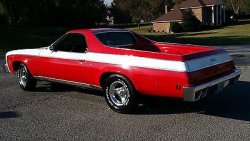 One guy from one of the southern states had an El Camino. When it wouldn’t start, he enlisted me to push it for him so that he could pop the clutch. This was not one of my finest moments. The same guy refused to use the clutch when he drove one of the MP trucks. He always speed-shifted.
One guy from one of the southern states had an El Camino. When it wouldn’t start, he enlisted me to push it for him so that he could pop the clutch. This was not one of my finest moments. The same guy refused to use the clutch when he drove one of the MP trucks. He always speed-shifted.- I remember taking a newcomer from Chicago out on patrol and showing him the best places to hide the vehicle if you wanted to read, write some letters, or take a nap.
Headquarters: I did not know any of these people very well:
- Captain Dean sponsored the timed mile described here.He also sponsored the first half of the 4th of July celebration.
- Lt. Hall’s two unusual encounters with Al Williams are described here and here.
- SP4 Orsini’s search for a competent typist is described here.
- A guy named Roone was in charge of taking care of the grounds. I don’t think that he was an MP. Everyone called him Mr. Greenjeans. I hardly knew him, but I saw him almost every day.
- A guy whose first name (or more likely nickname) was Rowdy was the animal control guy. He also was Doc Malloy’s doubles partner in tennis.
 I am not sure that I ever knew the supply sergeant’s name, but he did me a big favor. I had noticed that a spare door with no handles had been gathering dust in the supply area in the basement. The supply sergeant was scheduled to ETS a few weeks after we arrived. On his last day as supply sergeant I asked him if I could have the door. He said “Take the m***** f*****.” I promptly carried it up to my room, and I laid it across two drawers that I had removed from my dresser and balanced on one edge. It made a perfect table for my stereo, books, and other items. The space in the dresser formerly occupied by the drawers was ideal for my records. Everyone was impressed.
I am not sure that I ever knew the supply sergeant’s name, but he did me a big favor. I had noticed that a spare door with no handles had been gathering dust in the supply area in the basement. The supply sergeant was scheduled to ETS a few weeks after we arrived. On his last day as supply sergeant I asked him if I could have the door. He said “Take the m***** f*****.” I promptly carried it up to my room, and I laid it across two drawers that I had removed from my dresser and balanced on one edge. It made a perfect table for my stereo, books, and other items. The space in the dresser formerly occupied by the drawers was ideal for my records. Everyone was impressed.
Law Enforcement: Everything that I remember about the other three people in the Law Enforcement Office (Capt. Huppmann, Sgt. Edison, and SP4 Duffy) can be found here.
Other Platoons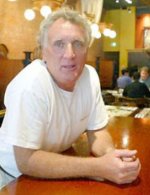 : I was good friends who were assigned to one of the other patrolling platoons. Craig Kolbitz3, from Racine, WI, might have been in the same platoon as Bob Willems. If I had to guess, I would put them both in the first platoon, the one that we ordinarily relieved. They were definitely not in the fourth platoon, whose rooms were on the second floor of our building.
: I was good friends who were assigned to one of the other patrolling platoons. Craig Kolbitz3, from Racine, WI, might have been in the same platoon as Bob Willems. If I had to guess, I would put them both in the first platoon, the one that we ordinarily relieved. They were definitely not in the fourth platoon, whose rooms were on the second floor of our building.
Craig hung around and philosophized with the guys on our floor quite often. I don’t think that he played Wiffle Ball with us, but one time his hometown honey (Mary?) dropped by for a visit and watched one of our games. Afterwards Craig kept telling everyone how much she was taken with Bob Willems. I knew that this was baloney because my sidearm sinker was really working that day, and I was almost untouchable. To any girl’s eyes the rest of the guys would have merely been scenery while I was working my magic on the mound.
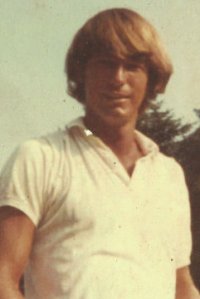 Doc Malloy4, who lived on the second floor of our wing of the MP barracks, the home of the fourth platoon, was one of the most amazing people I have ever met. His hair was MUCH longer than anyone else’s. He also had TWO jobs on the side. He was so good looking that he was able to find work as a model. He also gave tennis lessons. One of his clients, as I recall, was the wife of the base commander, General Nye!
Doc Malloy4, who lived on the second floor of our wing of the MP barracks, the home of the fourth platoon, was one of the most amazing people I have ever met. His hair was MUCH longer than anyone else’s. He also had TWO jobs on the side. He was so good looking that he was able to find work as a model. He also gave tennis lessons. One of his clients, as I recall, was the wife of the base commander, General Nye!
I have no idea how he made these arrangements. We did not have telephones in the barracks, and, of course, there were no cell phones yet.
How, you may ask, did Doc get away with having long hair as an MP on a military base? The answer is “very carefully.” Doc had his hair cut so that the hair even with and below his ears was fairly short. The hair above his ears hung down and disguised this fact. When he got ready for duty he positioned his white MP hat on a chair upside down with the bill toward him. He then leaned over and with both hand stuffed his long hair into the hat. He then pressed the hair-filled hat onto his head. Sometimes a couple of attempts were required to perfect the look. On duty he NEVER took his hat off, which, as anyone who has been in the military can tell you, meant that he never went inside. Somehow he pulled it off, even after the Air Force took charge.
Doc represented the MP Company in the base tennis tournaments. He easily won the singles competition. The doubles was a little more difficult. Nobody in the company played at anything close to his level. He selected the animal control guy, Rowdy, as his partner because he seemed to be the best at taking instructions, and he had a passable serve. I think that they did win the doubles tournament. I remember that their basic strategy was for Rowdy to get out of the way after the first volley.
Doc used to bug me to help him design a game based on tennis, ideally for a computer, but he was amenable to the idea of a board game. At the time I had taken exactly one programming class in a language that was used nowhere outside of Ann Arbor, and we had coded our programs on IBM cards! This was 1971: there were no video games, not even in arcades, and no personal computers. If I wrote something, it would need to be text-based with little back and forth. Playing against another person was inconceivable. Playing against a random number generator might be feasible, but how? Text-based terminals existed, but they were rare and expensive.
I had a fair amount experience at playing board games, but I had never designed one. I had no idea where to start. I was savvy enough to understand that ideas were a dime-a-dozen. Execution is key, and marketing trumps execution. This project was definitely not worth my time. I have often wondered if Doc ever did anything with his idea. Atari released Pong in 1973, but it was available only at arcades and fairs even then.
One other MP deserves a section of his own. Charlie Long5 was a legend when our group arrived at MPCO SBNM. Everyone already called him Crazy Charlie Long. He was a dyed-in-the-wiik Texan. My impression was that he was from a small town. He certainly was not from one of the big cities. A member of the fourth platoon, he lived on the second floor on the west wing of the barracks in one of the corner rooms near the parking lot. It was the only room in the whole barracks with a small balcony.
Charlie also had a temper. When he got upset, things tended to get broken. Disclaimer: I personally witnessed only the last of these incidents. So, please mentally insert the word “allegedly” somewhere in every sentence.
Charlie had a friend in the fourth platoon named Ewald (pronounced EE walled). I am not sure that I ever heard anyone call him by his first name. Ewald had a motorcycle. One day after the fourth platoon had worked the midnight shift, Ewald, who must have had the previous night off, decided to do some rather loud figure-eights on his motorcycle beneath Charlie’s window. After a few minutes of this Charlie emerged on the balcony, leapt over the railing, and wrestled Ewald off of his bike in the same manner that Roy Rogers used to wrestle bad guys off of their horses by leaping from a tree. I never learned the result of this scuffle, but I also never heard of anyone trying that stunt with a motorcycle again.
During slow periods while on patrol Charlie liked to use his .45 to hunt jackrabbits, which were not uncommon out in the undeveloped area in the southern part of the base. I don’t think that he ever hit one. If he did, there probably would not have been much left of it.
An MP truck that he was driving on patrol one day did not meet Charlie’s standards. He got out of the vehicle and punished it by firing several roundss from his pistol into its side. I don’t think that this fixed the problem.
Aside from the time that Al Williams accidentally discharged his .45 at guardmount (described here), I never heard of any other MP ever firing his weapon in the ten months that I was in Albuquerque. I don’t know if Charlie ever got caught; I don’t think so.
Early one morning when I was working the desk with two Air Force guys, Charlie, who had been working the previous shift, stormed into the PMO, loudly vocalized some expletives, and stomped up to the solid wood police desk, which stood at least five feet high. Suddenly Charlie grabbed the edge of the desk with both hands and bit a small chunk out of it. He then spit it out and abruptly departed. The three of us on the other side of the desk looked at one another and then broke out laughing. Maybe we should have detained him for destruction of government property, but it never occurred to us. I should have written “tried to detain him” in the previous sentence.
Although he was also in the notorious fourth platoon, Homer Sandridge6, a graduate of the University of Virginia, was the polar opposite of Crazy Charlie. He was very calm about life and fate. Homer and I had a few philosophical discussions the details of which have escaped me. We might have solved the “troubles” in Ireland or the dispute over Kashmir.
I played golf with Don Beeson and Terry Burnett. I also played a little bridge with Terry. The details are here.
Paul Calandra came to Albuquerque a month or more after we did. He was a major player in the July 4 incident. I did not know him well.
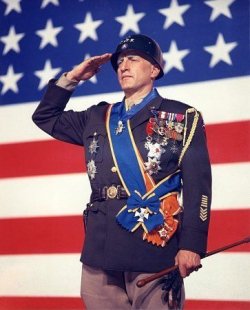 Sgt. Suarez, the platoon leader of the third platoon, was a dedicated lifer. He participated in good-natured kidding about the real soldiers as typified by himself and the movie Patton as opposed to the rest of us slackers and the much more popular (in MPCO SBNM) M*A*S*H. When Patton won the Oscar for best picture, he was in his glory.
Sgt. Suarez, the platoon leader of the third platoon, was a dedicated lifer. He participated in good-natured kidding about the real soldiers as typified by himself and the movie Patton as opposed to the rest of us slackers and the much more popular (in MPCO SBNM) M*A*S*H. When Patton won the Oscar for best picture, he was in his glory.
Sgt. Suarez’s favorite MP was named Kramer. If I ever knew his first name, I have forgotten it. He gave more tickets than anyone, even Russ Eakle. He also missed more duty than anyone because a fairly high percentage of the people that he cited disputed his action in court.
Kramer, like Russ Eakle, longed for more action. One day something occurred that induced Kramer to engage someone in a vehicular chase. Kramer was not able to overtake the offending vehicle before it exited the main gate. Kramer kept up the pursuit on the streets of Albuquerque. I am not sure, but I think that the chase ended in an accident without injuries.
Kramer got in trouble for this. Our policy was never to exceed the speed limit for a chase, and we were NEVER allowed to leave the base in an MP vehicle. What made it worse was that Kramer did not have a civilian driver’s license, and the Albuquerque police officers were not impressed by his MP armband.
If I ever met Jim Jacobson, I don’t remember it. However, when he came across a mention of MPCO SBNM in one of my blog entries, he contacted me by email. I asked him when he had been stationed in Albuquerque and what he did. Here is what he replied: “I worked various security positions till early 1971. Then became a base escort working out of the PMO on Texas next to the MP Co. I worked under Sgt Lezuski (sp) until he was promoted to 1st Sgt of the MP Co under Capt Dean. July 1971 I was promoted to Sgt/E5 and was a patrol supv with AF Sgt Carson and under AF Sgt “Tilly”. Being married and living off base I didn’t get a chance to know new people other than on my flight. Nov 1971 discharged from the service.”
Other guys whom I have only fragmentary memories of:
- There was a guy named Ayers who came from a southern state. I think that he lived off-base. He called himself General Ayers, and I like to joke around with him.
- The other guys with whom I played golf are described here.
- We tried to put together a flag football team to represent the company against other units. The chief organizer was a guy from Florida. We definitely had some practices. We may have even played a game or two before the merger of the bases put the kibosh on it.
1. I have no way to verify it, but I think that Charlie died in 2020, just as I was beginning this project. The obituary is here.
2. The Browns moved to Baltimore in 1996 and became the Ravens. The current Cleveland Browns team first took the field in 1999.
3. I found Craig Kolbitz on the Internet. In 2020 he lives in the Seattle area. He and his wife owned a couple of bars there. He went back to Racine recently to give a speech. It is on Youtube here. Craig came to visit Sue and me once in Rockville in the late seventies or early eighties.
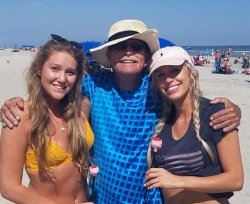 4. Doc Malloy is now considered a legendary tennis instructor on Hilton Head Island. I located him on Facebook, where he has posted lots of photos of himself with nubile young women.
4. Doc Malloy is now considered a legendary tennis instructor on Hilton Head Island. I located him on Facebook, where he has posted lots of photos of himself with nubile young women.
 5. I found an obituary in 2020 for a Charlie Long of Kilgore (east of Dallas) TX. The age matches up and the face looks vaguely familiar. You can view it here and here. I have no way to verify whether or not this is Crazy Charlie, but I suspect that it is.
5. I found an obituary in 2020 for a Charlie Long of Kilgore (east of Dallas) TX. The age matches up and the face looks vaguely familiar. You can view it here and here. I have no way to verify whether or not this is Crazy Charlie, but I suspect that it is.

